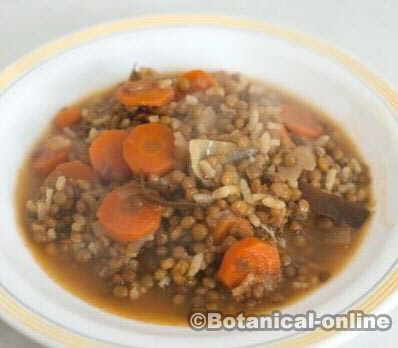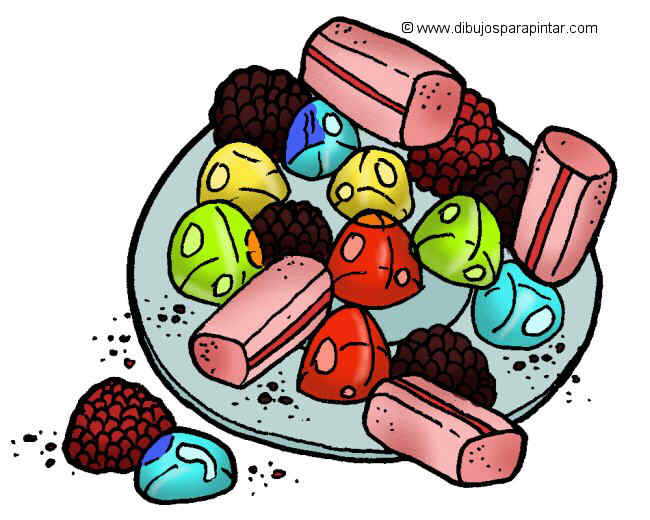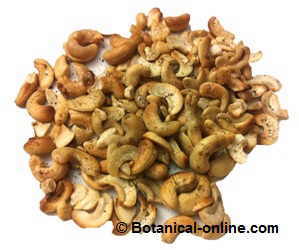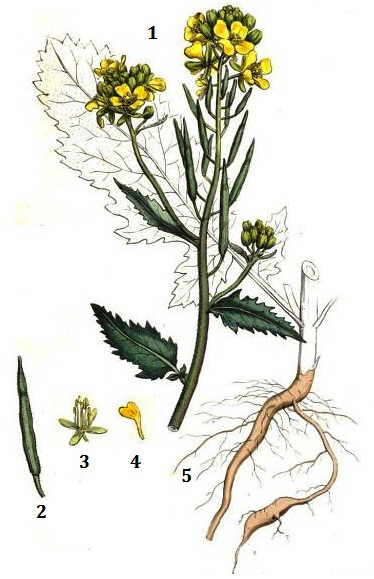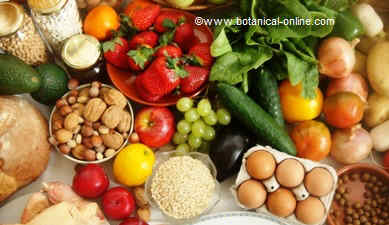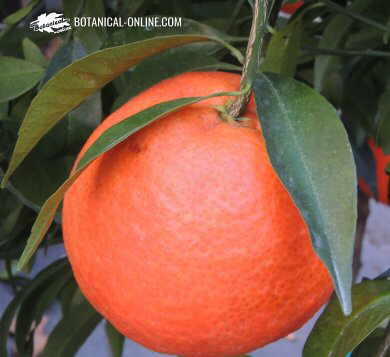Contents
- 1 MOST RESTRICTIVE TYPES OF VEGETARIANISM
- 2 Variations of the most restrictive and exclusionary vegetarianism
- 3 Characteristics of crudivorism
- 4 Characteristics of germvores (Germ eaters or sprouts eaters)
- 5 Characteristics of frugivorism
- 6 What is frugivorism?
- 7 Does frugivorism cover the nutritional needs?
- 8 Is frugivorousness a recommended diet?
- 9 Problems that frugivorism can cause
- 10 Frugivorousness extreme variants
MOST RESTRICTIVE TYPES OF VEGETARIANISM
Vegetarianism is an attitude towards life and nature, where respect for nature and animals prevails.
There are different ways of carrying it out, since not all people who consider themselves vegetarians eat the same.
There are several levels or degrees, depending on how restrictive feeding is, that’s to say which food is permitted to eat and which one is not.
Variations of the most restrictive and exclusionary vegetarianism
The most restrictive types of vegetarians are: crudivores, germvores and frugivores
Characteristics of crudivorism
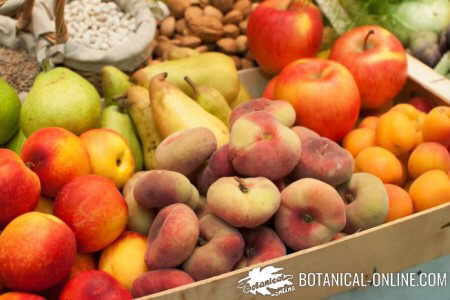
Crudivores only eat food that can be eaten raw
The so-called crudivores are also called vegetarians but there are some who consider them somewhat radical or extremist. All types of vegetarianism can be in turn crudivorism, since this term refers to the method of ingesting the food.
Crudivores do not consume any food that is cooked or heated and eat only foods that can be eaten raw.
They believe that cooking is harmful to health and, by thinking like this, they also get all the nutrients of the food, preventing the nutrient loss that takes place when cooking.
Therefore, they only feed on certain vegetables, all the sprouts and seeds, any fruit, all nuts and some treated legumes.
Note: Cereals or untreated legumes are not included in their diet since they are not edible without precooking. In the case of legumes, they are toxic when raw.

Germ eaters only eat sprouts
Characteristics of germvores (Germ eaters or sprouts eaters)
Other vegetarians are even more restrictive and very extreme.
Germ eaters feed exclusively on some plants sprouts, such as those sprouts from legumes, cereals and seeds.
Characteristics of frugivorism
What is frugivorism?
Frugivores are considered very strict, or even radical extremists. They do not cook the food they eat but, besides, they also significantly reduce the variety of their diet because they only feed on the fruits that nature gives them.
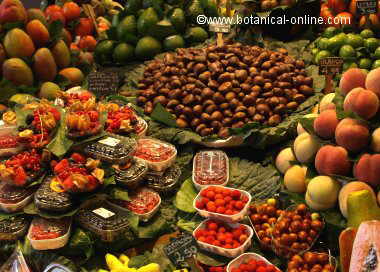
Frugivores only eat fruit
Does frugivorism cover the nutritional needs?
This choice of food does not cover all the needs of the different substances that our body needs, since they only feed on nuts, fresh seasonal fruit, seeds, some vegetables root such as turnips, carrots or beets, some vegetables such as tomatoes and little more.
In fact, some of the people who make a frugivorous diet because they are ethically strict also remove from their diet some foods that, to get them, you should kill the plant. Therefore, they do not consume tubers, nor seeds, nor nuts and nor fruits but only those falling alone from the plants.
There are even those who do not support the cultivation of any food, since they consider it an abuse of the Earth and Nature. In the latter case, they only feed on fruits that are by themselves in nature, as Adam and Eve in paradise.
Is frugivorousness a recommended diet?
Frugivorism (= Fruitarianism, frugivorousness) is NOT an adequate type of nutrition for children, adolescents, or adults for long periods of time, much less for pregnant women or nursing mothers.
Problems that frugivorism can cause
Frugivorism can cause, multiple deficiencies of protein and fatty acids, mineral deficiencies such as calcium, zinc and iron, vitamins such as vitamin D and B vitamins, especially vitamin B12, which is not in any fruit.
So restrictive diets may be a risk factor to trigger behavioral problems, both in food as in social level. They generally cause severe protein-energy malnutrition, anemia and various diseases caused by important nutritional deficiencies.
Frugivorousness extreme variants
There are other more extreme variants of frugivorousness. Among them:
Juicy frugivorousness, which is only based on fleshy fruits
Liquidarianism, which only feeds their members with fruit juices
Vitarianism that only considers nutrition by means of sprouts of some plants and some vegetables.
- Breatharianism: It is the most extreme of frugivorism , considering that food and possibly water are not necessary for life . They consider that, by means of fasting, a lifestyle called “prana” (= life force) and the light energy of the sun, they can have enough to survive.
All studies show that Breatharianism triggers starvation and dehydration that causes death.
![]() More information on types of vegetarians and vegetarianism.
More information on types of vegetarians and vegetarianism.

